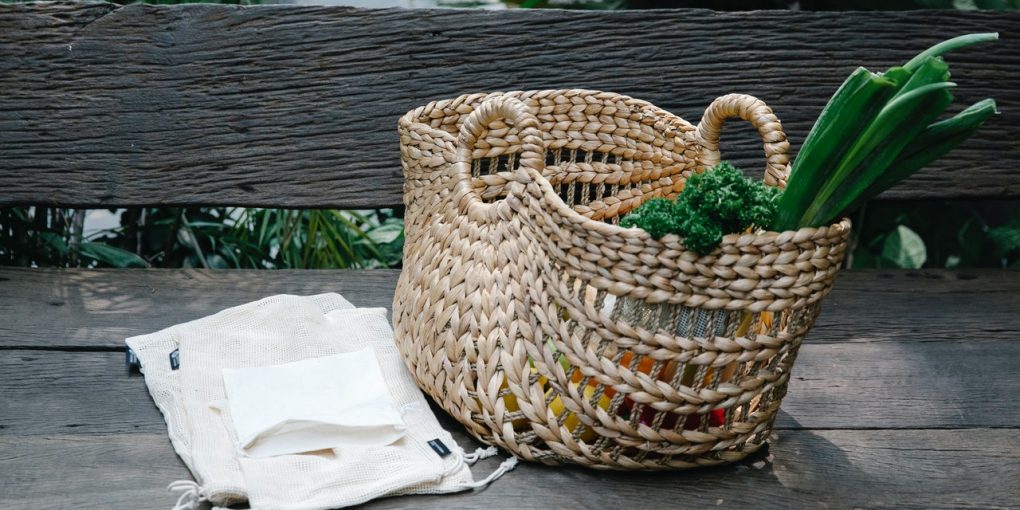Efficient Food Waste Reduction for a Sustainable Future
According to the well-known saying, conserving food equates to conserving money and stands as the most effective method to alleviate the hunger experienced by the underprivileged. Today, food waste represents a significant ecological challenge globally. Research indicates that over 26,000 tons of food gets discarded by households in Singapore alone. Many individuals purchase food in excess of what they actually need, leading to spoilage. For these people, squandering food has turned into a routine behavior. These habits exert further strain on our planet’s natural resources and have detrimental effects on the environment.
What are the harmful effects of food waste?
When you waste food, you waste investment, natural resources, human effort, and many more. The needy people will not get enough food when you waste food. Millions of people suffer from hunger and malnutrition due to a lack of food.
Wasting food affects the environment because the wasted food produces harmful micro-organism and increases greenhouse gases that lead to climate change. A large amount of the wasted food dumped in landfills produces methane gas, which is more harmful than all other greenhouse gas emissions.
Food waste leads to insufficient food availability and an increase in food demand. This will lead to deforestation, land degradation, destruction of biodiversity, natural habitats, and the environment to cultivate more food.
How to reduce food waste?
In the current scenario, millions of people go hungry daily, and for this reason, it is essential to know how to reduce food waste. Change in some habits could save a lot of food. Some good practices that will help save food for others and the future are:
- The current lifestyle has changed the shopping habits of people. Supermarkets and other self-service outlets tempt people to purchase more than they need. Don’t fall in discounts and buy more than you need.
- Make a list before you go shopping. This will help you know your needs, save money, and avoid food wastage.
- Store food wisely – Store old food items in the front row and the new food in the back. This will help you to use old food items before they spoil. You can use airtight containers to safeguard the food against spoiling the food.
- Deep freeze the leftover and use it after a day or two. If you cannot eat all you made, you can store it in the deep freezer and use it later. You can also convert the leftover into another dish and reuse it.
- Order only for what you want
Converting the wasted food as fertilizer will help you to grow more food. You can make compost using biodegradable food waste and convert them into fertilizer.
For instance, Ms. Yap from Singapore studied agriculture. She took up a part-time job in a café. When she found that a large quantity of food was wasted, she asked her boss to take the leftovers home. She composted the food waste into fertilizer and used it for gardening. Sooner she started an educational eye-opener the “Zero-waste Food SG.”
Several financial institutions take part in “Towards Zero Food Waste” to reduce food waste by:
- promoting and creating a public understanding of the issue
- Participating employees and reducing food waste in business operations.
- Connecting ecosystem partners to scale impact.
- Building a food secured future
It is high time that you reduced food waste to help yourself contribute to a sustainable future!


